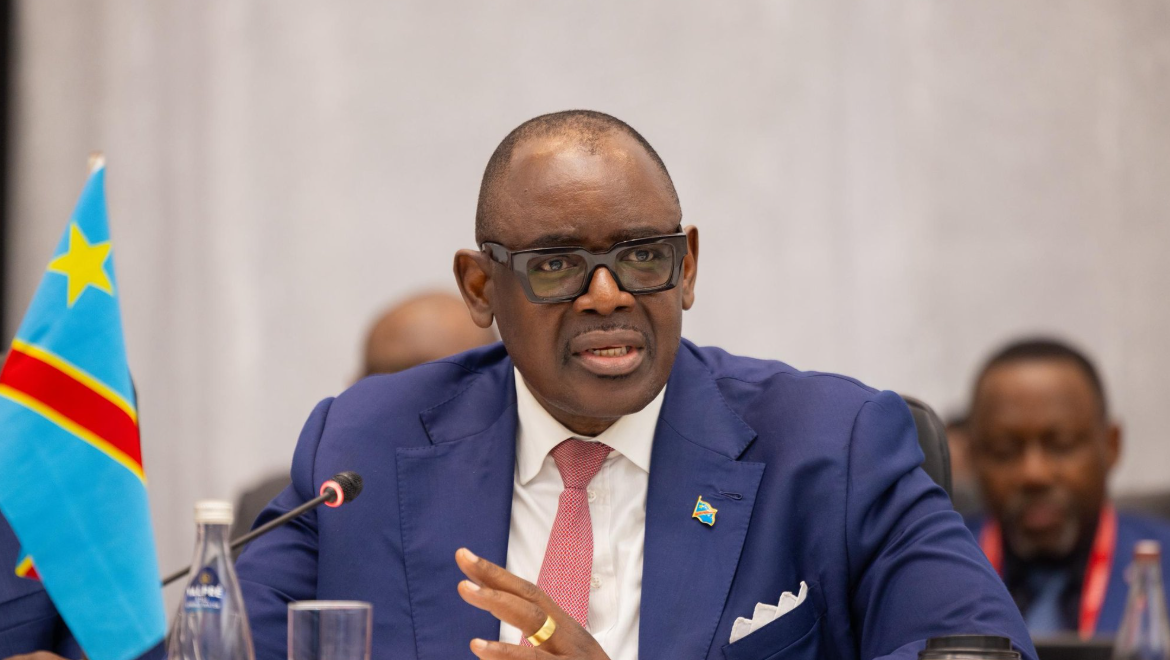Mining report: Pollution concerns could scuttle coal terminal expansion
Concerns about coal dust and opposition to coal as a source of greenhouse gas emissions could derail plans to build a coal handling facility on the Fraser River.
Canada’s coal industry says that would be a setback for the sector.
“Demand is increasing and there have been strains on the supply chain in order to get the commodity to market,” said Coal Alliance spokesman Alan Fryer. “That’s why these expansion plans are important.”
The proposed terminal would be located across from Annacis Island on the Fraser River. The cities of Vancouver and New Westminster have passed motions to oppose the development, and Metro Vancouver, Surrey, White Rock and Delta have also expressed concern.
At a press conference last week, Port Metro Vancouver responded to the opposition by committing to more public consultation on the controversial project, saying it will ask Fraser Surrey Docks to hold two open houses in May.
“We’re hoping that Fraser Surrey Docks will be able to clarify how they will mitigate concerns, things like dust and noise,” said Duncan Wilson, vice-president of corporate social responsibility at Port Metro.
Wilson said that Port Metro goes through a rigorous planning process with all projects that includes environmental reviews and community consultation. He likened the process to a municipal government approving new developments, while noting that the port has a federal mandate.
“There may be local community concerns and we do the best that we can to address them,” said Wilson. “But we do operate within a national context and have to look at the well-being of communities from coast to coast.”
But opponents of the project say Port Metro’s public consultation is lacking, with no clear connection between residents’ concerns and the final decision.
“Right now the port is judge, jury and executioner – they have the consultations, they make the decisions, and they’re setting the future of the region for us,” said Harold Steves, a Richmond city councillor and Metro Vancouver director.
On April 11, Metro Vancouver voted in favour of a motion Steves brought forward to send a letter to the port, opposing coal shipments to the Fraser River location.
Steves is also concerned that Port Metro’s decisions may override Metro Vancouver’s regional growth strategy, a planning document created over the past several years to guide development throughout the Lower Mainland.
Kevin Washbrook of the group Voters for Action on Climate Change says that with a more democratic process in place, the port might have been able avoid controversy. He’d like to see the port engage in a robust public hearing process.
“Right now, with the port, it’s a bit of a black box, and open houses are a fuzzier, warmer kind of black box from our perspective,” said Washbrook.
Jim Crandles, director of planning and development, said Port Metro is confident that coal can be handled in a safe way.
“There is no doubt that there is a lot of coal that is handled in this port already, and it is handled in a sustainable way,” said Crandles. “There is no doubt that you can do it.” •
Fraser Surrey Docks’ plan
- Build coal handling facilities in addition to an existing terminal
- Will accept thermal coal (used for power generation) shipped by rail from the United States
- Coal will then be loaded onto a barge and shipped to Texada Island, where it will be stored before being loaded onto ships
The type of coal mined in B.C. is metallurgical coal, used for making steel. That type of coal will continue to be handled by West-shore and Neptune.
Global markets for coal
The International Energy Agency (IEA) predicts that by 2017, coal will be the dominant source of energy for the planet, as emerging markets demand more energy generating. The IEA predicts China and India will lead consumption
“China will surpass the rest of the world in coal demand during the outlook period, while India will become the largest seaborne coal importer and second-largest consumer, surpassing the United States,” states a 2012 IEA report.
The report notes that because carbon sequestration technologies are still not advanced enough, the increase in burning coal will inevitably mean an increase in greenhouse gas emissions.
By Jen St. Denis
{{ commodity.name }}
{{ post.title }}
{{ post.date }}




Comments